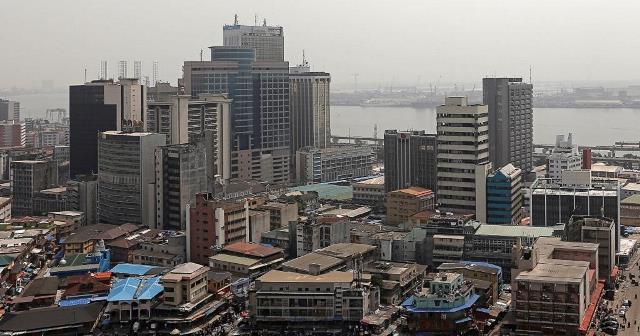Emerging economies struggling to recover from the COVID-19 pandemic may be significantly underestimating how much their housing sectors contribute to gross domestic product (GDP), a new report has shown.
And the consequences, according to the report released by Habitat for Humanity is that these economies miss opportunities for economic and social revival.
Existing datasets in low- and middle-income countries are often incomplete or inaccurate, and efforts to measure housing’s contribution to the economy have largely focused on developed countries, according to the report commissioned by Habitat’s Terwilliger Center for Innovation in Shelter and co-authored by Arthur Acolin, assistant professor of real estate at the University of Washington, and Marja Hoek-Smit, director of the International Housing Finance Program of the University of Pennsylvania’s Wharton School Zell/Lurie Real Estate Center.
But including the often-overlooked housing services and informal housing components reveals that housing accounts for up to 16.1 percent of GDP on average across 11 emerging economy countries analyzed in the report. That places housing on par with sectors such as manufacturing that often draw far more attention in economic recovery plans.
Inclusive financial interventions in the housing sector, particularly through construction or rental assistance, can stimulate economies in these countries while also improving the wellbeing of families through healthier housing conditions, according to the report, Cornerstone of Recovery: How Housing Can Help Emerging Market Economies Rebound from COVID-19.
“Look beyond the blind spots in the data and you see that housing can make or break a recovery,” said Patrick Kelley, vice president of the Terwilliger Center. “Investments in healthy, secure housing have greater-than-expected benefits, creating jobs, generating incomes and, critically, helping alleviate the overcrowding that makes communities more vulnerable to threats such as COVID-19.”
The authors recommend stimulus policies that, in cooperation with the international and private sectors, focus on middle- and lower- income families while also including formal and informal markets, rental and owner-occupied housing, and community organizations.
They emphasize short-term actions to: improve land-tenure security and equitable access to land for housing; open access to finance for developers, households and landlords; provide equitable subsidies to households; and offer incentives to lenders and builders.
Also Read
Largest mall in Botswana begins construction
Shanta Gold starts construction of Singida Project in Tanzania

